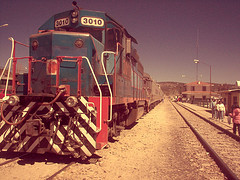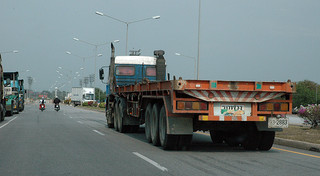Quebec Rail Disaster Highlights Human Error and Poor Brake Design as Major Causes of Rail Accidents

On July 6, Canada experienced the worst rail disaster since 1910. Seventy two freight cars parked safely in a parking area were improperly secured and left to roll into the downtown area of Lac-Megantic, Quebec, killing as many as 50 people and destroying 30 buildings. The train, which belonged to Montreal, Maine & Atlantic Railway Ltd., was carrying crude oil, which caused the fires. It appears the brakes on the train were not properly set, which led to the runaway train and subsequent damages.
According to the U.S. Federal Railroad Administration, 893 accidents in the last decade are attributed to human errors such as this. In fact, the most common reason for train accidents is a failure to properly set the hand brakes on rail cars. In the Quebec incident, hand brakes in the locomotives were apparently set, but none of the brakes on the rail cars were set.
Les Hinds, a safety consultant with the National Association of Railroad Safety Consulting and Investigating, says it takes no more than a stiff wind to set rail cars in motion if no brakes are used. The train then stays in motion until it reaches a grade steep enough to stop its progress or till it derails.
Part of the problem is the design used in rail cars. Though some progress has been made, the basic design of rail brakes hasn’t changed much since right after the Civil War. The brakes are prone to human error, as in the case of the runaway train in Quebec.
The engineer has been reported as Tom Harding of Farnham, Quebec, who has been placed on paid administrative leave pending the full investigation. Surete du Quebec provincial police inspector Michel Forget said police are investigating the possibility of criminal negligence or even a criminal act. Most of the 50 deaths occurred in a bar in downtown Lac-Megantic.
Before this recent tragedy in Quebec, the worst rail accident involving Canadian trains happened in 1910, when thieves tampered with the brakes on a train in Ontario. The runaway train derailed at the Spanish River, killing 63 people.







